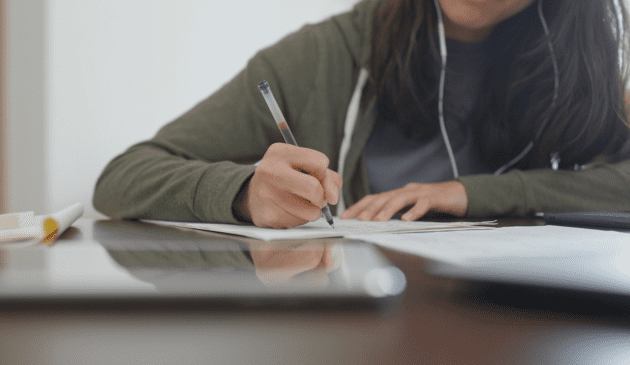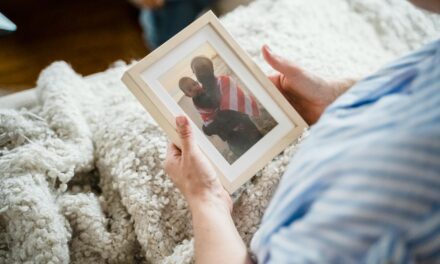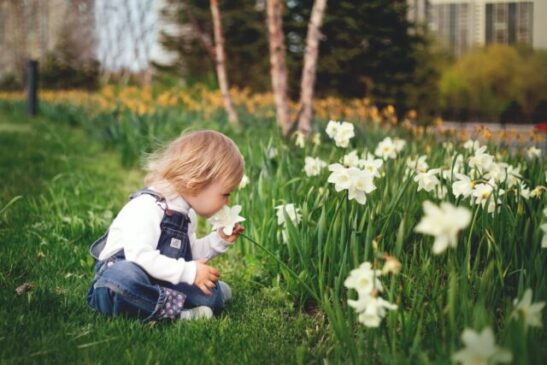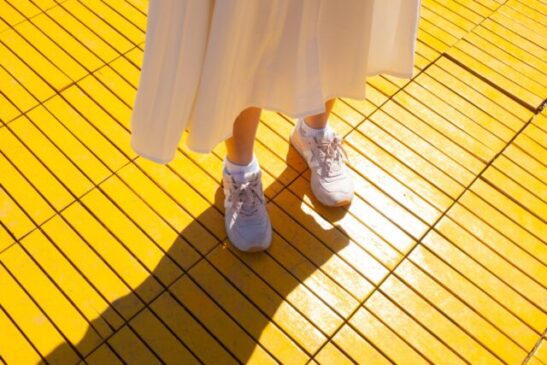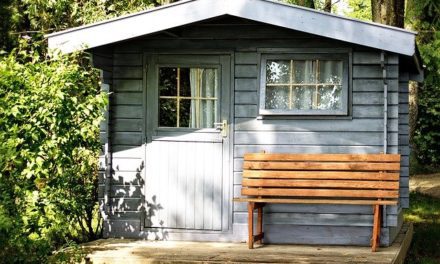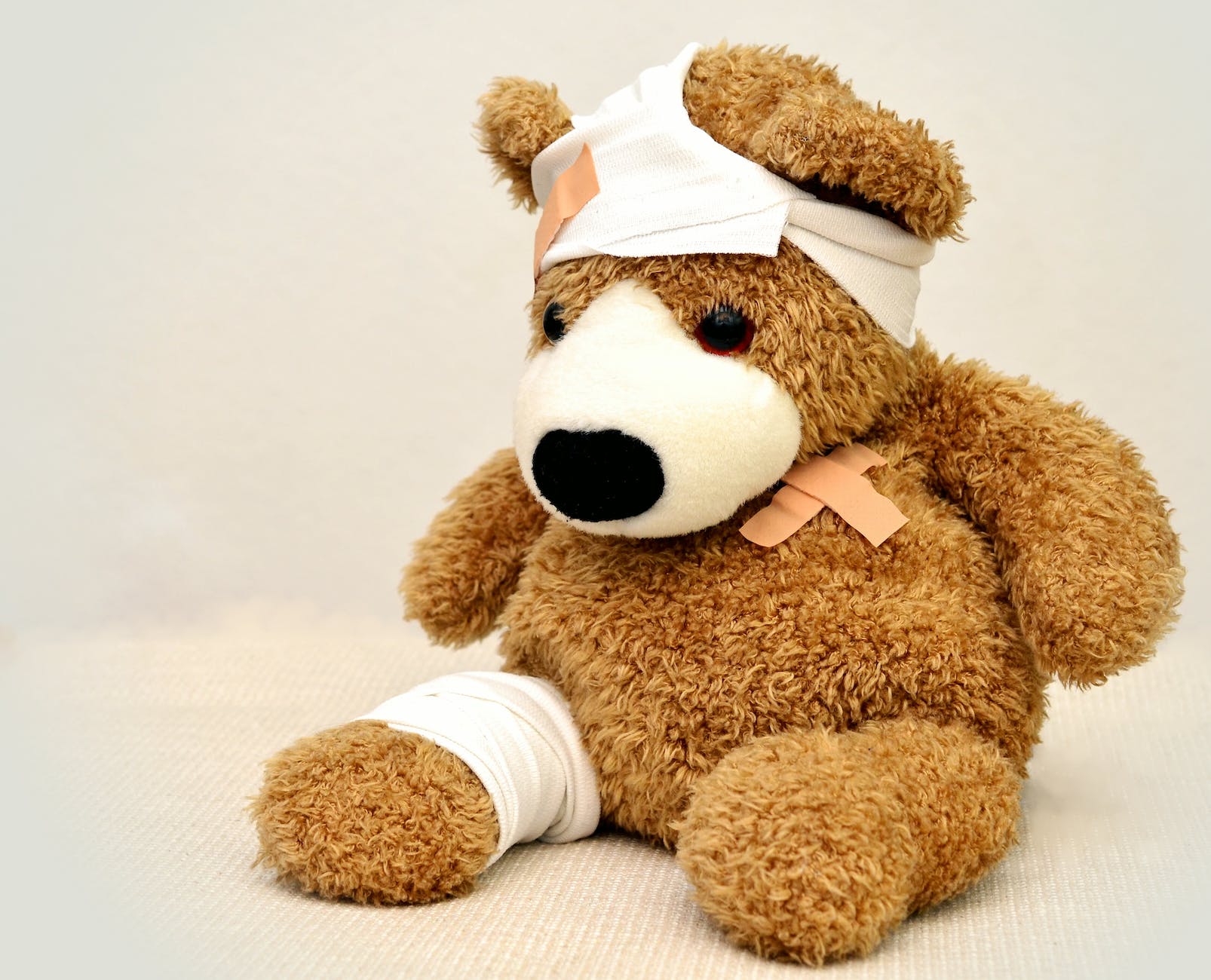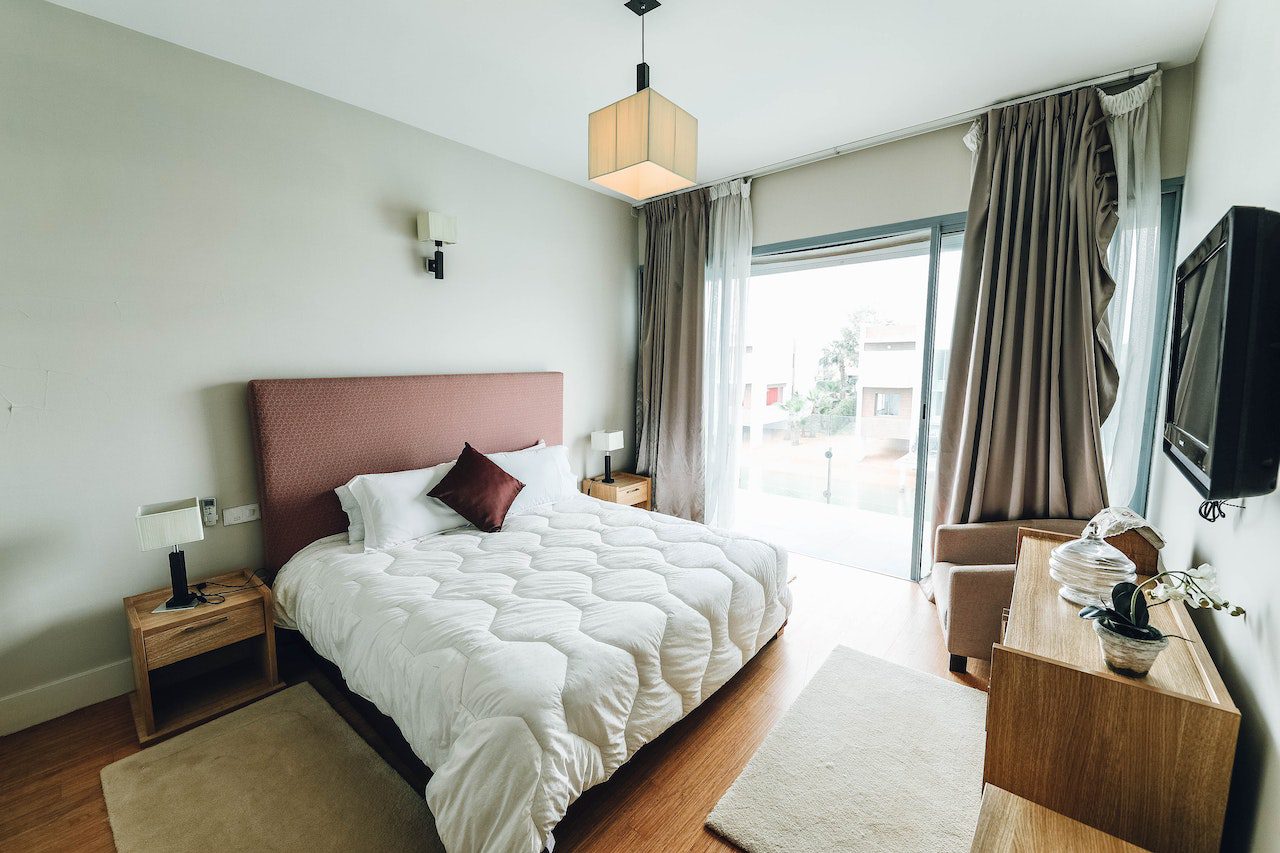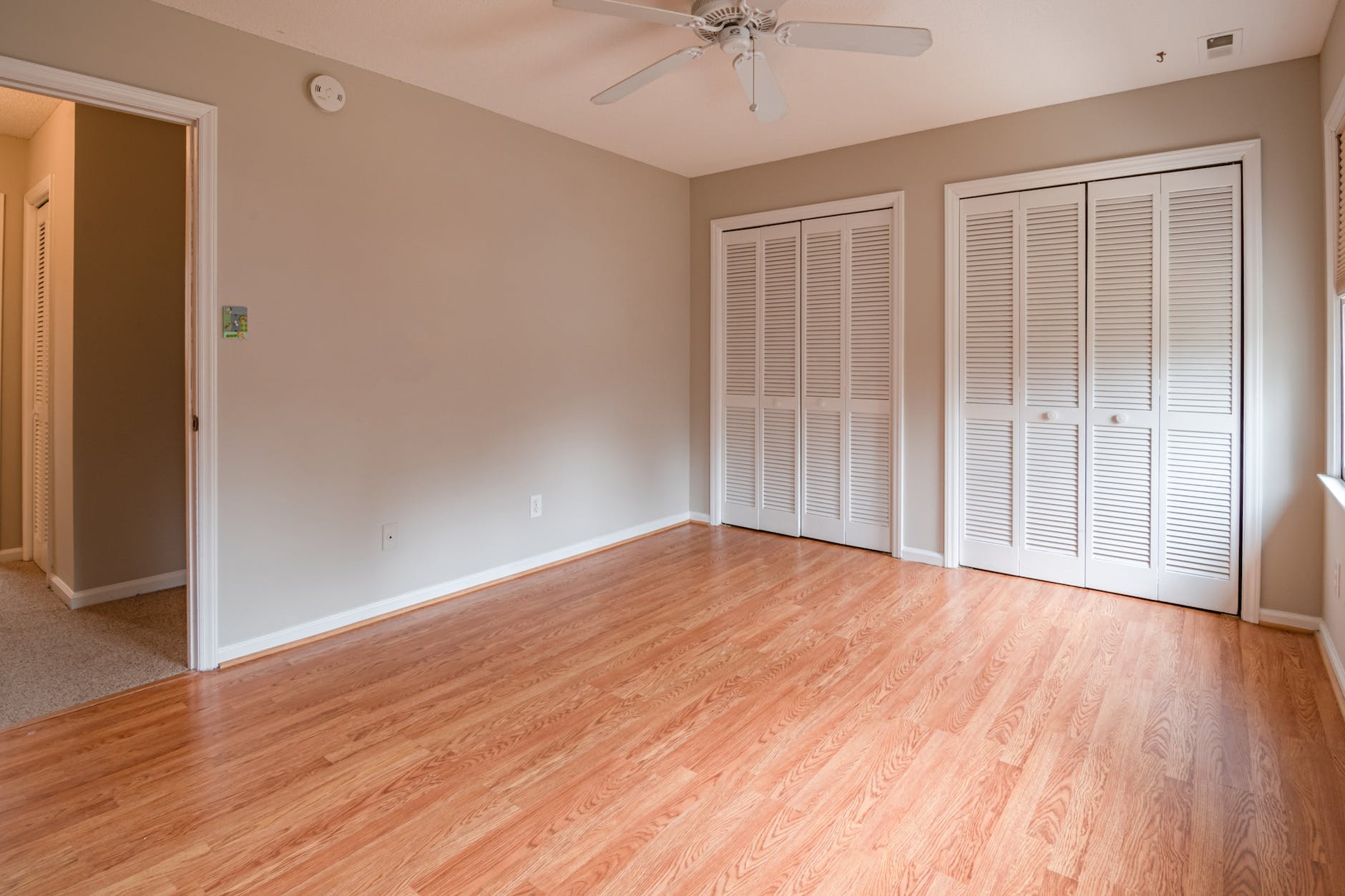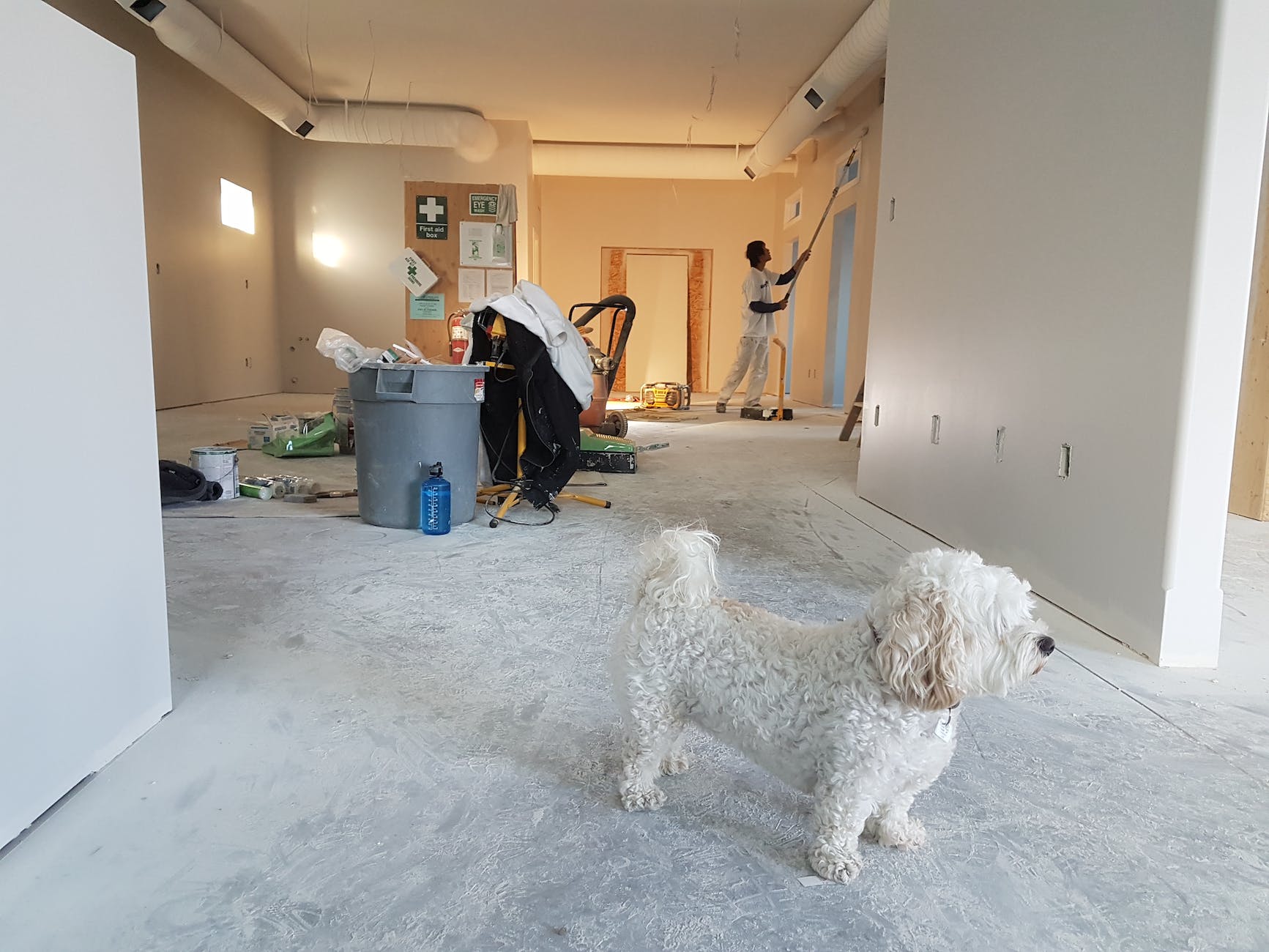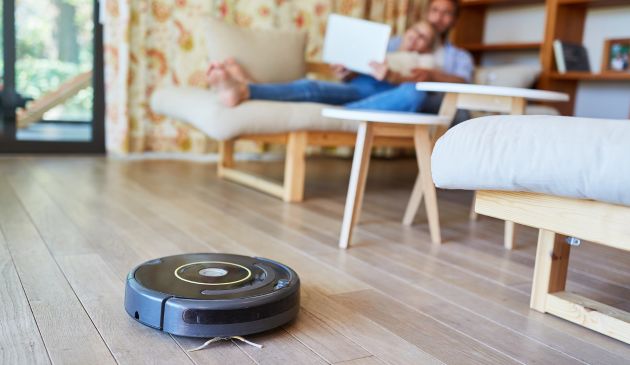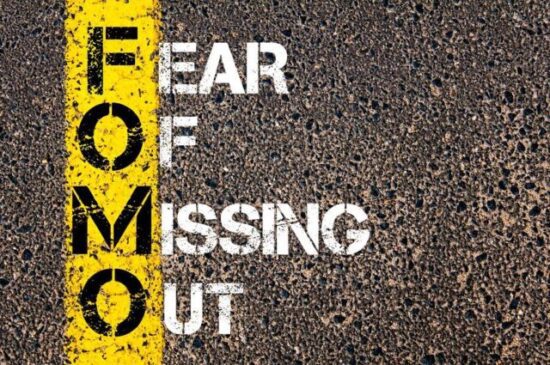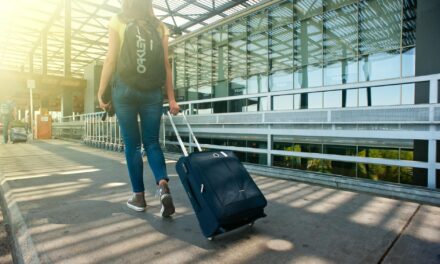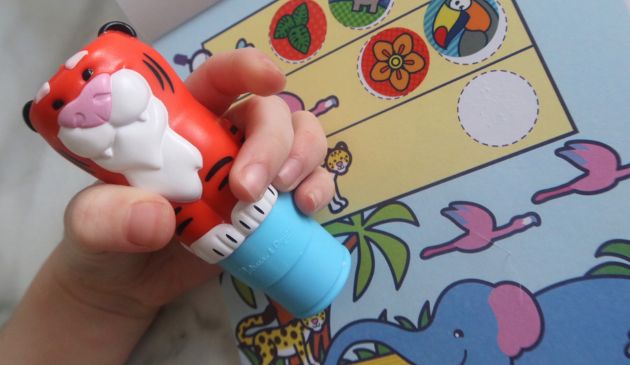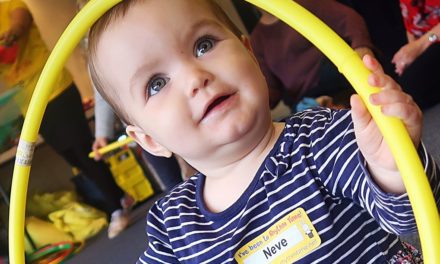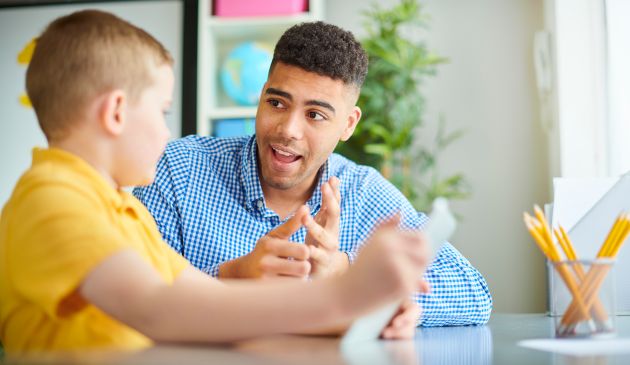
Behind the Scenes in UK Schools

So its been just over 2 weeks since the majority of British children returned to their schools, nurseries and sixth forms and already we are seeing a huge number of children being sent home, being asked to self isolate with their bubbles or with potential covid symptoms, waiting (sometimes what feels like indefinitely) for tests and overall attempt to navigate with their families their way through this ‘new normal’. We are all feeling very anxious.
As parents, we’re having to adjust to a big change in our routine and after having our children at home for the last 6 months; have very mixed emotions about dropping our children off at the school gates each morning; worrying about the impact this new method of schooling may have on our children’s wellbeing and education.
As admin to the Corona Parents Lockdown Group on Facebook, I have understandably seen a lot of strong emotions being shared by parents, with some venting their frustrations about the actions their schools are or aren’t taking when the schools returned in September. I couldn’t help but feel that some people were critisising some of the restrictions being put in place without fully appreciating the work that has gone on behind the scenes to try and keep our children and staff safe.
I decided to put a call out to chat anonymously to a number of teachers in both infants, primary, secondary and SEND schools across the UK about their experiences of teaching during a pandemic, their new ways of working, their fears and concerns and what it has been like attempting to get our children back to the environment they are used to. Over 30 members of school staff responded including Head Teachers, NQTs and Teaching Assistants, and spoke incredibly openly about their experiences. I wanted to share their words to highlight that as parents, we are quite simply only seeing the tip of the iceberg. I hope that by sharing their comments, we can learn to fully appreciate just how much our teachers and school support staff are doing to try and keep our children safe, often at great personal sacrifice.
Here are just some of the questions I asked, and the range of responses received.
Overall how are you feeling about returning to school / educational settings?
The majority of the teachers and support staff I spoke to were really happy to be returning to their schools; having missed their children incredibly and being keen to return to doing what they love. That said, this didn’t take away from the fact that they were nervous, unsure of how safe or how practical some of the precautions would be.
“I’m honestly thrilled to be returning, I missed the kids incredibly and want every chance to feel ‘normal’. That said I am nervous and I have to admit I did create a will, just in case”
“I was extremely anxious about returning to school as my husband was in heart failure in January and is currently waiting for an appointment from the transplant team.”
“I am nervous. I have missed seeing the children so much over the Summer but I have two children of my own and elderly parents who I now wont be able to see. I live in an area subject to local lockdown and cases in the area within school settings are becoming more common.”
“I am glad to be back, apprehensive about how far behind the children might be and worried about how much curriculum there is to get through given the amount of school missed and the time taken out of the day due to COVID stuff (eg. approximately 1 hour lost every day to official hand washing etc!)”
“I am happy to be able to see my students and teach them again but despite all of the changes, it still seems very risky. I am worried because one size doesn’t fit all and it’s been almost impossible to implement some of the guidance on our cramped old site.”
“I work as a special support assistant with pupils with additional support needs. Seeing how nervous some of the students and staff were during lockdown made me concerned how everyone would cope with returning. We had (and still have) some pupils who cannot face coming back in.”
What is your own family situation?
When asking this I wanted to understand the scale of potential exposure these teachers are experiencing. Many teachers have children of their own, in a number of educational settings, meaning the exposure to other families goes far beyond the concept of a simple ‘bubble’. It’s also important to remember here that our teachers and school staff may too have family members who are vulnerable or in an at risk category.
“My job involves me being in a bubble of at least 260 if I work with one year group but that can vary depending on need. I have 2 children at home – one in a bubble of 30 and another at a childminders”.
“I have children, and my Father in law is currently in hospital. When at home has carers 4 times a day. We have to be extremely careful now we are back at school and its so much harder to support my mother in law.”
“I have 2 children of my own, one of whom has severe asthma, so it’s obviously a bit of a worry that I could bring something home or that he could pick something up at his own school.”
How has the communication from parents changed?
From my own personal experience as a parent I know that communication styles have had to change; but it’s interesting to understand the impact that this lack of personal contact has on the teachers too.
“Everything is now done via email! We are trying to avoid sending homework logs and book bags home; but many of the parents are busy working from home so things naturally get missed. We completely understand that but it does make things much harder.”
“Communication with parents has been very different. There is no time at all to talk to them on the playground as we have staggered starts and end of day. Our office are receiving much more phone calls than usual”
“All communications have been via digital letters to parents and link on Facebook page however the parents at my school are poor in reading communications from the school – everyone has information overload by now.”
“Staggered start and finish times mean that some children arrive and leave before the rest of the class, meaning I have never (and probably won’t for a while!) meet their parents. These children head to the school office, so any contact with them has to be through a requested phone call.”
“More communication is expected to take place online or by phone call as parents can’t visit the office or speak to the teachers before school. They can sometimes catch them briefly after school but not as easily as before. The methods of communicating online have not changed we have just increased the amount done online.”
“As stunted as this method of communication can be, I also worry about the parents and pupils that aren’t asking questions. Normally a parent or carer would quickly grab me at the end of the day for reassurance and support and now due to masks and not crossing lines in the playground they don’t get that opportunity. I worry what impact that will have on some families and how they support their child.”
What additional social challenges have you had e.g. mental health support / re-socialising friendship groups?
A big concern for me as a parent was how our children would cope returning back to friendship groups after spending so long away from a social environment during lockdown. I was also concerned for some children who may have had difficult family lives or for whom home wasn’t the safe place we might like to believe.
“Those with siblings seem to have bounced back fairly quickly but some of the children have been at home alone for some time and appear to have found it harder.”
“We have been really impressed with the children so far in terms of how they are emotionally and how they are coping with the return. They have a lot of questions about COVID. Some are missing being able to play with friends in other year groups. Trying to keep them from touching each other during play time (hugging, rough and tumble etc) is basically impossible.”
“Students are excited to see each other and hug each other. There is however very minimal mental health support and virtually impossible for students to access any support within School without breaking the bubbles”
“Some children have experienced deaths in their family and it is heartbreaking – some are very scared and vulnerable”
“It’s been sad to see some children who were previously confident and outgoing reverting into themselves and clinging to their parents at drop off. I hope this will change in time and with our support and reassurance.”
“Our children have adapted well to their return to school and as yet, in the main, we have had few issues with their mental health. We are doing plenty of talking and PSHE activities and I’m sure that as time goes on, this picture will change.”
“Some children are very anxious about COVID and getting it. We have had to send a few children home with coughs or fevers and managing the impact that has on the rest of the class can be really hard. They worry about their friends who have been sent home, and we have to spend a lot of time reassuring children and explaining what happens next.”
What changes have you had to make in terms of curriculum / teaching methods?
This was an area where I knew that teaching must have become a bit of a minefield, if nothing else the physical restrictions and changes required to try and get children back to where they should have been pre Covid. It was only when I read the extent of these comments I fully appreciated how much things have changed for school staff across the board.
“Teachers are having to teach from the front and in smaller rooms where you cant get around its tough to support all the kids that need it. I worry that I am not doing half as good a job as I would normally when our kids need us more than ever :(”
“We have noticed that our Year 3 group is very much still a Year 2. We are backtracking more in reading and writing than maths, presumably as less children have done full writing work than maths during lockdown.”
“As per government guidance, our classes are set up in rows. Our Y1 children are following more of the EYFS approach at the moment to help them settle back into school. Guidance also states that we must not reduce the curriculum but this is impossible so we have chosen what we believe are the most important skills and knowledge required in each subject and are teaching those. We are also attempting to fill gaps missed in core subjects, but again, this is proving extremely difficult.”
“We are also teaching the children how to use google classrooms in the event of another local or national lockdown, which is going well, but its long term success depends on access to the internet on a device that is reliable. Not all families have that luxury”
“My curriculum time has been cut as we reduce how many lessons in a day to minimise the number of transitions for students between rooms and along narrow corridors. I cannot teach anything in a practical way which suits my subject and engages the pupils more. I am struggling to stay at the front of the room as it’s natural to move around the class giving verbal feedback and helping students who need more support as well as making sure they’re actually doing the work!”
“We are going to have to fit more curriculum into less time and it is harder to do interventions as we cannot take small groups or individuals off as easily so those are having to be done within the classroom which can be distracting.”
“In the summer term we taught our classes directly in school, whilst also teaching those still at home remotely via Teams. All lessons were ‘live’ so those at home could participate. We will continue to do this if and when children have to self isolate.”
“It is much more difficult to teach when children sitting at desks (year 1 and 2), especially when we are used to having then sit at the front of the room on the carpet.”
“Paired and grouped work have had to stop, and I really miss this as it was often the most effective methods in younger children.”
[perfectpullquote align=”full” bordertop=”false” cite=”” link=”” color=”” class=”” size=””] “In terms of restrictions, everything just takes so much longer. Washing hands really impacts on lessons in terms of length. We need to allow more time for hand washing and moving around school” [/perfectpullquote]
What are some of the most challenging COVID restrictions you’ve had to put in place, and how have these affected your role?
[perfectpullquote align=”full” bordertop=”false” cite=”” link=”” color=”” class=”” size=””]”I work with ASD pupils, and trying to tell some of the more tactile children that they cant have a hug that they soooo want off you is heartbreaking. I feel so emotional when I have to ask a pupil to elbow high five instead of hug me!”[/perfectpullquote]
“Handwashing is in full force and the time it takes to do this is MASSIVELY underestimated. They are washing their hands 6 times a day minimum. With 28 children, 3 allowed in the toilet a time you can imagine this is no easy feat. We’ve had to cut teaching time in order to accommodate enough time for each child to wash their hands!”
“Reading books from home have to be quarentined for 2 days on return, however children bringing them back in different days makes it very hard to keep track of who needs a book and on what date they can have one. What used to be a very simple task has become hugely more complex!”
[perfectpullquote align=”full” bordertop=”false” cite=”” link=”” color=”” class=”” size=””]”Children sitting at desks for long periods of time (without carpet time) is something they just aren’t used to and can cause tiredness, lack of engagement and frustration as well as poor behaviour in some.”[/perfectpullquote]
“Having to don a mask and visor to do intimate care with ASD pupils can be very frightening for some children, so I’m tending to just use an apron and gloves like we used to.”
“The one way system and hand sanitising/wiping the desks down takes a lot of time out of teaching, the minutes are precious as they are!”
“All 120 staff in our school are using 1 single toilet as the other staff toilets have been opened for students in an attempt to try to keep bubbles separate.”
[perfectpullquote align=”full” bordertop=”false” cite=”” link=”” color=”” class=”” size=””]”The timing for everything has to be so specific it’s exhausting. For example we have to be off the playground exactly on time because the next class can’t come out until we have gone in. If they don’t come out exactly on time it has a knock on effect for other staff getting their lunch etc.”[/perfectpullquote]
“Lunch breaks for class teachers have been reduced so they feel more rushed trying to eat and get a class set up ready for the next lesson.”
“Because we can’t have assemblies there is literally no time when the staff are in the classroom but the children aren’t. Even the few minutes at break is lost because each class needs a member of staff from their own bubble to supervise them on the playground. This means there is no time for a teacher to brief their Learning Support Assistant or do interventions during assembly time.”
[perfectpullquote align=”full” bordertop=”false” cite=”” link=”” color=”” class=”” size=””]”Everything just feels more rushed and like there’s no chance to catch your breath.”[/perfectpullquote]
“We are really struggling with Planning Preparation and Assessment time (PPA) across school at the moment as our PPA staff are currently isolating along with a year group. This is going to be a long term issue for us.”
“We are also struggling with parents not being able to access testing quickly enough and getting frustrated with the system so sending them back to school(!)”
“Students no longer eat in the central hall but have lunch in their bubbles which creates far more additional demands on staff for supervision.”
What additional workload have you had since going back in September?
“We have had to do way more assessing where we can to get an ideas of where each child is at. This varies MASSIVELY. Some children have done nothing at all (as in barely lifted a pencil) where as others have done lots. This makes lessons / activities far more time consuming as you are having to ensure that each child is making progress in every single lesson. We would never have experienced this before.”
“We have done home visits in the 6 week holidays so that children could see a familiar face when they returned to school. We wouldnt normally do this, but with some vulnerable children, this felt necessary to help manage their transition.”
“A big additional workload has been also having to focus on teaching those who are at home (self isolating or waiting for testing).”
“Workload is always high but our curriculum has been rewritten so that all the schools in our multi academy trust are teaching the same things to bring more fluidity. This means all work is being planned from scratch.”
“We now have google classrooms as well as real classrooms AND a blog!”
“The senior leadership team are aware of the need not to overload us with information but the emails we are sent alone can take a long time to process after a busy day in the classroom!”
“Additional work load is an earlier start and later finish each day plus lunch time supervision each day and reduction in lesson planning/marking time”
“Even as support staff we have been given so much extra info to absorb and be trained upon, as well as getting to grips with virtual / live lessons; but its NOTHING compared to what the teachers have had to do.”
“As well as the normal workload increasing, I’ve also spent about 15 hours for redoing the Risk assessments and had hours of phone calls with Governors and Health & Safety”.
“It feels I’ve spent a lifetime risk assessing my classroom, changing the curriculum plan to account for less time, changing resources to try to squeeze more content into each lesson, producing online lessons for home learning for children told to isolate.”
“As a teaching assistant, I am finding myself having to start early and finish late (even though I’m not paid for that time), just to have a chance to find out what is going to be happening that day or to feedback any issues I’ve noticed to the teacher.”
What are some of the smaller changes / impacts of COVID that parents may not fully appreciate?
“We are currently on a recovery curriculum in every year group, so all the planning is new.”
“We too need time to remember how to be back in the classroom – this is new for all of us”
“Teaching in rows / forward facing may sound like a minor change but has been so difficult to manage. Children can’t work in groups or even really support a peer, which means 28 little hands all go up at once!”
“Many secondary schools may have reduced their break times, this is so the students don’t have time to mix with too many others. Those transitioning to secondary will feel this is drastic as they used to get a long ‘play time’. There is no space to ‘play’ at secondary school so the time is for using the toilet, grabbing a quick bite to eat in the fresh air and then straight back in to lessons. It’s fast paced but they’ll get used to it!”
“It’s very hard to show that we care when we have to wear masks and remain at the front of the room – we care so much about your children but cannot show it as well as we would like.”
“Just how difficult is can be trying to get children to wash their hands for 20 seconds – it is a real struggle! We have had two major meltdowns already and we are only on week 2.”
“That the one way systems apply to teachers too! It takes me 7 minutes from leaving one lesson to walk all the way round to my next room meaning I am 7 minutes late to teach them (more if I have to deal with behavioural incidents on the way!)”
“All meetings and CPD are being held virtually in our evenings so we are off the school site for 4.30. This is to allow for all the additional deep cleaning taking place at the end of the day.”
“We are not allowed to use shared spaces with other adults meaning there is nowhere for us to eat our lunch or have a drink other than in our classroom and when we are not teaching, another class are being taught in our room!”
“Staff have had to totally rearrange themselves to welcome children at staggered times”
“Our current issue is that we have been given incorrect advice from PHE…and some of our parents are understandably unhappy about it. They are blaming school, when in actual fact, we did exactly as were told by PHE. They instructed us to isolate one of our year group bubbles as we had a confirmed case – but to isolate for 7 days only as the child in question had not been in school for 5 days. We questioned this, PHE confirmed again. We have since had our local PHE contact us to say this advice was incorrect and the bubble have to isolate for 14 days – this inconsistent information understandably causes huge amounts of anger from parents.”
What are some of your biggest concerns of teaching / working in educational settings during COVID times?
Our schools have been wonderful at providing reassurance, positive attitudes and smiles, welcoming the children back with huge smiles on my faces, but I wanted to understand how they truly felt about the schools returning and what some of their biggest fears and worries were about teaching during a pandemic.
“That the government still expect children to complete SATS this year,. Year 2 will have the added pressure of the phonics screening which was missed in year 1 due to closures.”
“Not being able to interact with the children like we used to. If they are upset or crying they cannot hug you and its really upsetting when they try to and you have to remind them that they can’t. It’s really sad.”
[perfectpullquote align=”full” bordertop=”false” cite=”” link=”” color=”” class=”” size=””]
“My biggest concern is that i carry covid home to my family, especially my poorly husband.”
“Resources in schools are always stretched but trying to get everything ‘right’ as we can within what we’ve been told (which constantly changes) is so so hard.”
[perfectpullquote align=”full” bordertop=”false” cite=”” link=”” color=”” class=”” size=””]”The amount of emails I have had from staff after 11pm is worrying – its hard for us all to switch off from our responsibilities.”[/perfectpullquote]
“Staff are buying in supplies out of their own pocket – gloves, hand sanitiser, as well as stationery (as we cant loan this out like we normally would)”
“My biggest concern at the moment is that we have an outbreak at work as we have so many children off awaiting test results. This will mean whole school lockdown for at least 2 weeks.”
[perfectpullquote align=”full” bordertop=”false” cite=”” link=”” color=”” class=”” size=””]”I am concerned for the mental well being of our very able Head Teacher – the responsibility of all this is just so much. We are a very strong SLT and staff team but this situation is getting to us all.”[/perfectpullquote]
“As a single parent, I worry about the impact of delays in testing. If my bubble has to isolate, I would have no one else to take him or pick him up, so he may also have to stay off school.”
“My responsibility to keep the students safe and not bring anything home to my vulnerable son!”
“I am so worried about the negative effect on students wellbeing and engagement in their education – school closures in the near future may have a more devastating effect on entire cohorts becoming disengaged!”
“I am worried about the delay in people being able to get tests. If a number of my staff have to wait 5 days plus before they can even get a test, then it may get to a point where I don’t enough have staff to stay open! The testing needs to be much more efficient.”
“What will happen when people get symptoms and have to have time off for testing. Even if there are no positive test results just the time missed for children and how disruptive it will be (especially during the winter cold season!) for their education.”
“If it is staff having to take time off to get tests, I worry how unsettling that might be for the children and how we would manage to cover classes because we aren’t meant to move bubbles and we have no money for supply staff due to having to hire extra staff to make the class bubbles work.”
How do you feel the children are coping / adapting?
“Overall the children have shown huge amounts of resilience, and appear to be happy to be back in the school grounds.”
“I think some have thrived and needed to come back. Some children haven’t had a safe home setting, so the fact they have spent all of lockdown in these homes makes me really sad. On the other hand some children have got very used to being with the families and have struggled massively with the change back to school.”
“The children have been amazing, I am in awe of how well they have adapted.”
“Seeing the smiles on the children’s faces and watching them play again has been worth its weight in gold. I cannot put into words how much I have missed that sight.”
“I think most of the children are doing well but they struggle so much to keep their distance from peers, especially when no one is reminding them. Outside of school is the worst, even with staggered start times and staff patrolling. Once they’re around the corner…”
“Up and down, some of my teens have found it more difficult than the younger children. Keep an open dialogue with your children, it’s so important.”
What has been your most positive experience since returning to school?
“The relief from the kids of being back to normal (even though its far from normal!). Even some of the kids who hated school before hand are glad to be back.”
[perfectpullquote align=”full” bordertop=”false” cite=”” link=”” color=”” class=”” size=””]My most positive experience has been watching the teachers and staff pull together to find a way to make things happen. They are scared, sad and anxious and in some cases absolutely terrified, but they continue to rise to the occasion to do whatever they can to make children’s experiences happy ones. Teachers are warriors – they don’t give up![/perfectpullquote]
“Parents support and happy children!”
“How we keep smiling no matter what keeps getting thrown at us. 2020 is the year that keeps on giving, but I hope we will all be much stronger for it.”
“For me, the most positive experience which put everything into perspective was when a little girl with selective mutism put her hand up to answer a question in maths. She had never even answered her name before in the register. It made me so emotional and want to burst with pride. I am so happy that she felt confident and safe enough, despite all these changes, to use her voice.”
What advice would you give to parents?
[perfectpullquote align=”full” bordertop=”false” cite=”” link=”” color=”” class=”” size=””]”Don’t focus on what your children have ‘lost’ in the months of emergency home schooling. Focus on their emotional and physical wellbeing. We will all rally together to make this year a successful road to recovery.”[/perfectpullquote]
“Our kids need our compassion far more than any maths, reading, science or social studies right now.”
“Children will feel your vibes and carry them – try to put on a brave face, even if you are scared (which is understandable).”
“Try not to stress or pass stress onto your child. They are happy and being with their peers is so much better for their mental health.”
“Hang in there, I know its tough and scary at the moment but our kids are tougher!”
“Support children’s wellbeing with non academic activities but don’t forget the importance of basic reading skills and number knowledge as its the foundation for learning.”
“Please don’t push them too hard with the work if they need emotional support. Mental health has to be No.1!”
“Keep us in the loop on how they are, but please don’t get mad if we don’t respond right away – we are dealing with so much right now and we are just trying to do our best.”
“Do what you can to support your child educationally – read with them a little longer, ask them to help write your shopping list, a letter to grandma – anything! It all helps!”
“Take heart; your children are coping well and they are being well cared for! Also, don’t completely stop home learning. Helping with reading, spellings and any homework is even more important this year than normal!”
“We are doing everything we can in the constraints of the school itself. This may not seem like we are doing enough but unfortunately, building size, corridor width etc can not be changed.”
“We are doing our best, whilst this is far from ideal; we are doing our best to work within the parameters we have been given”
“Keep supporting your school – they are doing all they can to make sure children are safe and are developing in themselves and their learning.”
Is there anything else you think would be helpful for parents to understand about their children’s return to school?
“Please don’t come early for a staggered start and finish. It’s staggered for a reason and its to try and keep everyone safe.”
“All school staff cant wait until things are ‘normal’ again, we are in the jobs we do to help nurture, challenge, achieve and grow – together!”
[perfectpullquote align=”full” bordertop=”false” cite=”” link=”” color=”” class=”” size=””]”Please be kind. This is new to all of us, and we might take some time to figure it out just like everyone else.”[/perfectpullquote]
“The learning may seem stilted and slow but it will speed up – we are working on the kids being happy and settled first and foremost!”
“We really are working tirelessly behind the scenes to make sure each child is making progress. We too are getting used to these new normal school days – its just not as easy as it may sound.”
Thank you for reading!
I can honestly say that listening to all the comments back from the teachers, teaching assistants and support staff that I spoke to was such an eye opener for me. I got so emotional reading their responses, learning about their current challenges and knowing that in reality, this ‘new normal’ may be here for quite some time, no doubt facing more hurdles and difficulties along the way.
What rang true for me overall was that these teachers are absolutely 100% doing their best for our children under bloody tough circumstances, and as parents, our schools need our support more than ever. Knowing that they have our support really does mean the world.
I wanted to say a huge thank you to each and every member of school staff that took time out of their already busy days to share their insights. Lucy x



